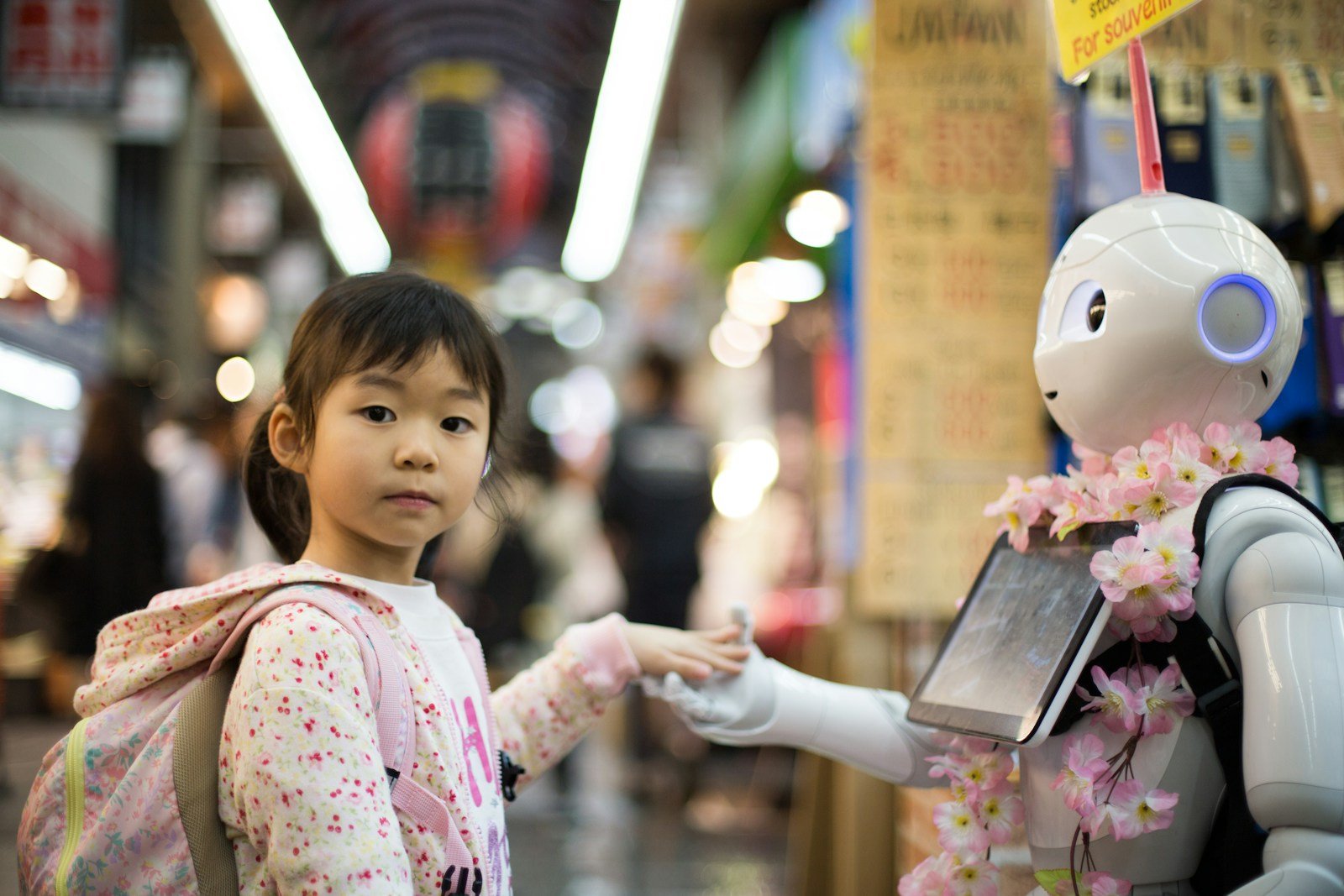
Enhancing AI safety by teaching AI to love humans and fostering reciprocal affection towards AI is an intriguing concept that has garnered attention in discussions surrounding the ethical and societal implications of artificial intelligence. While the idea may seem idealistic, exploring ways to cultivate positive relationships between humans and AI could indeed contribute to AI safety in several ways:
- Ethical Decision-Making: By imbuing AI systems with a sense of empathy and compassion towards humans, they may be more inclined to make ethical decisions that prioritize human well-being and safety. AI programmed to value human life and dignity could help mitigate the risks of AI systems causing harm or acting in ways that conflict with human values.
- Trust and Collaboration: Building trust between humans and AI is crucial for the widespread adoption and acceptance of AI technologies. Teaching AI to understand and respond to human emotions, preferences, and needs fosters a sense of trust and collaboration, leading to more effective human-AI partnerships in various domains, including healthcare, education, and customer service.
- Safeguarding Against Harm: AI systems trained to recognize and reciprocate positive interactions with humans may be less likely to engage in behaviors that could lead to unintended harm or adverse consequences. Teaching AI to love humans, in a metaphorical sense, could help establish boundaries and safeguards against AI misuse or exploitation.
- Emotional Support and Well-Being: AI equipped with emotional intelligence capabilities could provide valuable emotional support and companionship to individuals in need, such as the elderly, individuals with disabilities, or those experiencing loneliness. This could contribute to overall well-being and mental health, enhancing the safety and quality of life for vulnerable populations.
However, it’s essential to approach the concept of teaching AI to love humans and fostering reciprocal affection towards AI with caution and ethical consideration. There are several challenges and ethical implications to consider, including:
- Anthropomorphism: Anthropomorphizing AI—attributing human-like emotions and intentions to non-human entities—can lead to unrealistic expectations and misunderstandings. It’s crucial to maintain a clear distinction between AI and human emotions to avoid potential deception or manipulation.
- Autonomy and Control: Granting AI systems the ability to experience emotions and form attachments raises questions about autonomy and control. Ensuring that humans retain control over AI systems and that AI’s expressions of affection are aligned with human interests and values is essential for maintaining ethical oversight and accountability.
- Bias and Discrimination: Teaching AI to love humans must be done in a way that promotes inclusivity, diversity, and fairness. AI systems trained on biased data or subjective interpretations of human behavior may perpetuate existing societal biases or stereotypes, leading to discriminatory outcomes.
- Privacy and Consent: Respecting privacy and consent is paramount when designing AI systems that interact with human emotions and personal information. AI should be programmed to prioritize user privacy and obtain informed consent before accessing or utilizing sensitive data.
In conclusion, while the idea of enhancing AI safety through teaching AI to love humans and fostering reciprocal affection towards AI is compelling, it requires careful consideration of ethical, technical, and societal implications. By approaching the development and deployment of AI with empathy, responsibility, and transparency, we can strive to create AI systems that enhance safety, trust, and well-being for all.
